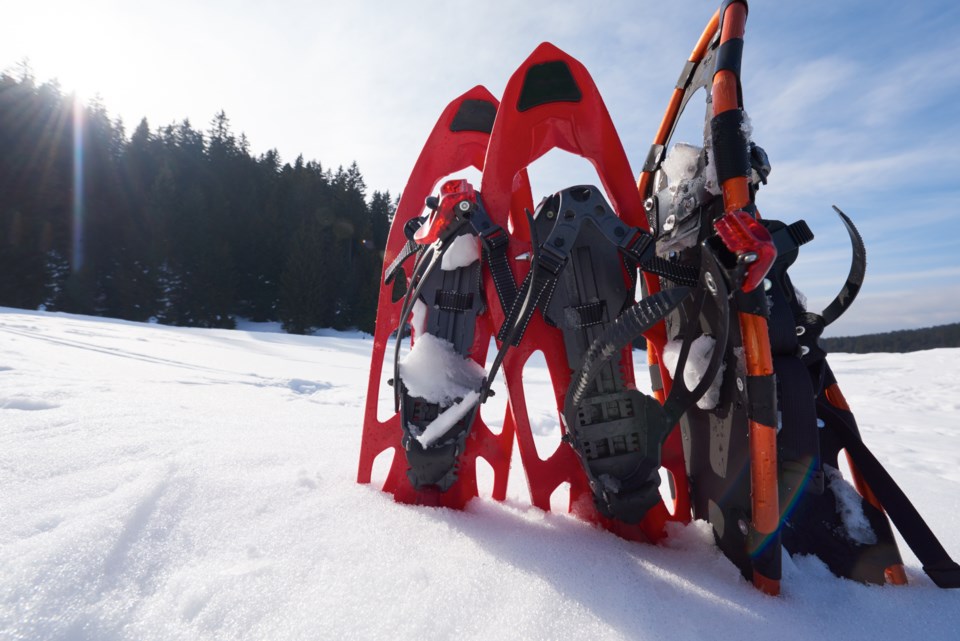NEWS RELEASE
ONTARIO PROVINCIAL POLICE
*************************
As weather conditions continue to "yo-yo", Wellington County Ontario Provincial Police (OPP) would like to remind everyone to exercise extreme caution in and around the waterways and trails in Wellington County. Whether you're ice fishing on Conestoga Lake, hiking the Speed or Grand Rivers, snowmobiling in Belwood, or skiing any one of the number of trails you must be aware that the water and snow may not be as safe as it appears.
Some safety tips you need to be aware of:
- Check weather reports before you get out in it. Know what you'll be up against.
- Letting someone else know your plans can be a lifesaver. If you do have a problem your whereabouts will be easier to track.
- Proper clothing and equipment isn't about fashion. Floater suits, ice picks, warm scarfs and mitts, GPS, and a charged cellphone can accessorize any outfit.
- Moving water doesn't freeze like still water and no two bodies of water freeze the same. Strong winds, heavy snow or rain and fluctuating temperatures and water levels will also affect the integrity of ice.
- Avoid the cocktails. In addition to reducing ones physical and cognitive abilities, alcohol also expedites the effects of hypothermia by opening up blood vessels and increasing heat loss. Hypothermia occurs when your body temperature falls below 35`C and can lead to death.
- If you are immersed in icy water, know the 1:10:1 rule. One minute to catch your breath, 10 minutes to get as much of your body out of the water as possible and one hour before going unconscious due to hypothermia. The key is to avoid panicking during the first minute of gasping; so you don't take in water and drown. Visit the website for more information.
- If someone is caught in icy waters, call 911 immediately. Emergency services have specialized training to help in these situations.
- Never go out on the ice to help an animal! Most domestic pets weigh considerably less than you so there are no guaranties you'll be supported and feral or wild animals won't be looking for your help. Emergency services can assist and will determine the viability of a rescue.
*************************



